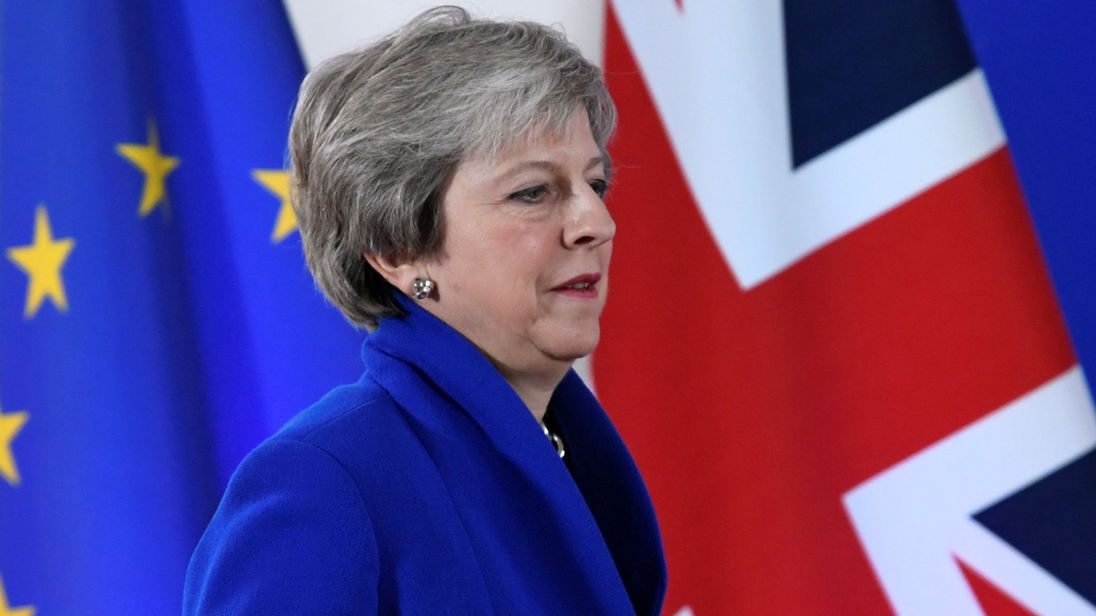Brexit will affect almost every aspect of life in the UK, from air travel to food safety laws, and students will certainly not be exempt from this change.
One of the biggest impacts to students will be the changes to how UK students can study in the EU and European students studying in the UK. Around 130,000 EU students choose to study in the UK, and 20,000 UK students study in the EU.
#Brexit the Brexit deal is going to be in the only benefit of the politician but what about youth what about students? #secondreferendum
— Bertrand Uhuru (@uthanomad) November 26, 2018
It has been agreed that students starting courses in Autumn 2019 will experience no change for the duration of their degree programmes and, as is the case now, will be entitled to the same support network as domestic students. For EU students that means they will still be able to access student finance and for UK students will similarly mean no change, for example UK students studying in Germany will continue to pay no tuition fees, as Germany is one of 10 EU countries who don’t charge tuition fees for undergraduate courses.
What will happen to foreign student fees, for both prospective UK and EU students after Brexit day is unknown and will be subject to negotiation on our future relationship.
The only pro of the brexit deal is that Erasmus has been extended to 2020 so i can do a semester abroad😎😎
— Connor (@bigconzchalmzo) November 26, 2018
Another big impact will be on UK student’s ability to access the Erasmus+ funding. Currently all EU students are eligible for up to €300 to €350 a month funding, depending on the destination country.
This grant is open to all students in the EU and an estimated 230,000 UK students have taken part in the Erasmus programme since it began in 1987. Students applying for study abroad this year can take part, and thus receive Erasmus+ funding, but it is in doubt for the future as it would likely need UK contributions to the EU budget, something Brexiteers aren’t keen to do.
The draft agreement on the future relationship between the European Union and the United Kingdom discusses mobility of people between the EU and UK.
Imagine the questions we’re going to ask History students in 50-100 years: Describe the rioting which ensued after the 2018 Brexit deal. Describe the economic downfall experienced by the UK post Brexit, and in particular compare it to the 2008 crash. #brexit #history #balls
— Harry C. Sample (@harry_sample) November 25, 2018
It says that free movement shall ‘no longer apply’, meaning that it will be impossible to move across borders for any unlimited time and for any reason. Both sides are seeking visa-free travel for ‘short-term visits: this means that visits, like holidays for example, would be allowed without a visa.
However, the deal also says that “The parties agree to consider conditions for entry and stay for purposes such as research, study, training and youth exchanges.” This means that it is unknown how easy it will be to get student visas in the future and whether there will be any additional hurdles to study, for example any extra fees or quotas.
Many of those in universities and schools today will be the most affected by the decision to leave the EU, and this is especially contradictory as over 70% of 18-24-year olds voted remain.
Matthew Plant
Image: [Sky News]

